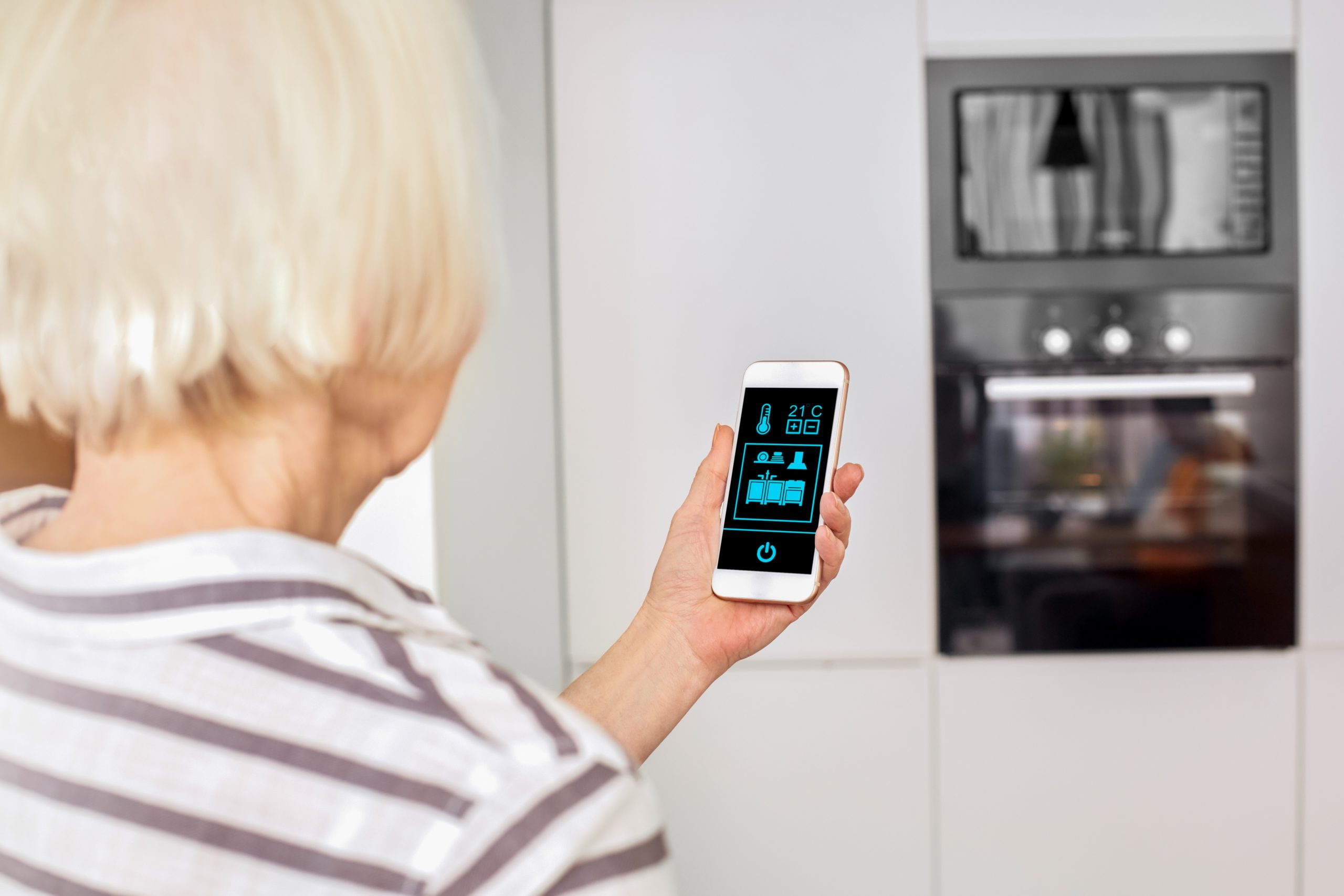Home automation technology is transforming the way we live, and for seniors, these advancements can provide convenience, safety, and peace of mind. Whether it’s controlling lighting with a voice command, automating household tasks, or ensuring security at the touch of a button, home automation offers a range of benefits that help seniors maintain independence and stay connected. Here’s how home automation can improve daily life for seniors, along with practical tips, tricks, and insights to help make the most of these technologies.
1. Enhanced Safety and Security
Safety is a top priority for seniors, especially those living alone. Home automation systems can provide an extra layer of security through smart locks, cameras, and motion sensors. These devices allow seniors and their loved ones to monitor their home remotely, ensuring that everything is safe and secure.
Tip: Install smart locks and video doorbells for added security. These devices allow seniors to see who is at the door and lock or unlock it remotely. With a video doorbell, you can even communicate with visitors without opening the door, ensuring greater control and safety.
Trick: Use motion-sensor lighting for pathways, entryways, and hallways. These lights automatically turn on when movement is detected, preventing falls or accidents in poorly lit areas.
Insight: Many home security systems now come with emergency alert features, allowing seniors to call for help with the push of a button. For additional peace of mind, consider a home automation system that integrates with a medical alert device.
2. Convenience and Control
One of the greatest benefits of home automation for seniors is the convenience it offers. With smart home devices, tasks like adjusting the thermostat, turning off lights, or locking doors can be done from a smartphone or through voice commands, eliminating the need to move around the house constantly.
Tip: Voice assistants like Amazon Alexa or Google Home can be integrated with other smart devices, allowing seniors to control their home with simple voice commands. For example, seniors can say, “Alexa, turn off the lights,” or “Hey Google, adjust the temperature,” making it easy to manage the home from any room.
Trick: Set up automation routines for daily tasks. For instance, create a morning routine that automatically opens the blinds, turns on the lights, and adjusts the thermostat to a comfortable temperature. This can make daily life smoother and more enjoyable without requiring extra effort.
Insight: For seniors with mobility challenges, having control over household systems through a smartphone or voice command can be a game-changer. Home automation reduces the physical strain of moving around the house to complete tasks, improving overall quality of life.
3. Energy Efficiency and Cost Savings
Home automation can help seniors save on energy bills by optimizing the use of lights, heating, and cooling systems. Smart thermostats, lighting systems, and energy-monitoring devices can automatically adjust settings based on usage patterns, ensuring that energy isn’t wasted.
Tip: Install a smart thermostat that learns your daily habits and adjusts the temperature accordingly. This device can lower energy consumption by reducing heating and cooling when it’s not needed, leading to significant cost savings.
Trick: Use smart plugs to monitor and control devices like televisions, lamps, or kitchen appliances. You can set schedules to turn them off when not in use, reducing energy waste and lowering utility bills.
Insight: Over time, the savings from automated energy-efficient devices can add up, making these smart tools not only convenient but also economically beneficial for seniors on a fixed income.
4. Improved Health and Wellness
Home automation can also support health and wellness, especially for seniors managing chronic conditions or who need reminders to stay on track with medication, appointments, or fitness goals. Many smart home devices can be tailored to promote better health and well-being.
Tip: Smart pill dispensers and medication reminder apps can be linked to smartphones or voice assistants, helping seniors keep track of their medications. Some devices even send notifications to family members or caregivers if doses are missed.
Trick: Use smart wearables like fitness trackers or health monitors to track activity levels, heart rate, and sleep quality. These devices can encourage a more active lifestyle and help seniors stay on top of their health goals.
Insight: Home automation tools can also monitor indoor air quality, humidity levels, and temperature to ensure the home environment is comfortable and safe. This can be particularly beneficial for seniors with respiratory conditions or other health concerns.
5. Independence and Peace of Mind
For seniors, maintaining independence is incredibly important. Home automation allows them to continue living comfortably in their own homes, managing daily tasks without relying on others for help. It also provides peace of mind to family members who may worry about their loved ones living alone.
Tip: Set up remote access to the home automation system for trusted family members or caregivers. This allows them to check in, make adjustments, or respond to alerts, all from their own devices, providing reassurance that everything is running smoothly.
Insight: By automating essential household functions, seniors can live more independently, maintaining control over their environment while reducing the need for outside assistance. This contributes to a greater sense of autonomy and confidence.
